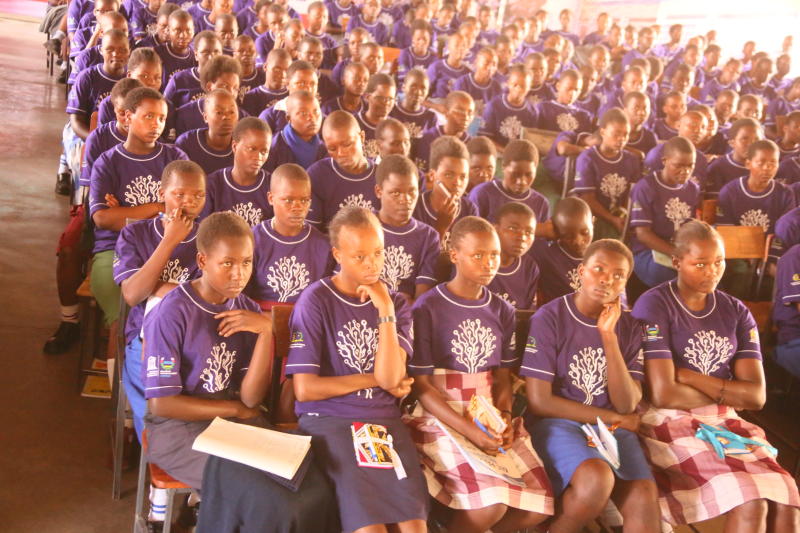×
The Standard e-Paper
Smart Minds Choose Us

The government has raised concern over the low enrollment of students to science, technology, engineering and mathematics (STEM) related courses at the universities.
Education sector players are now worried that if the trend continues, achieving the Big Four Agenda and Vision 2030 will be a pipe dream.